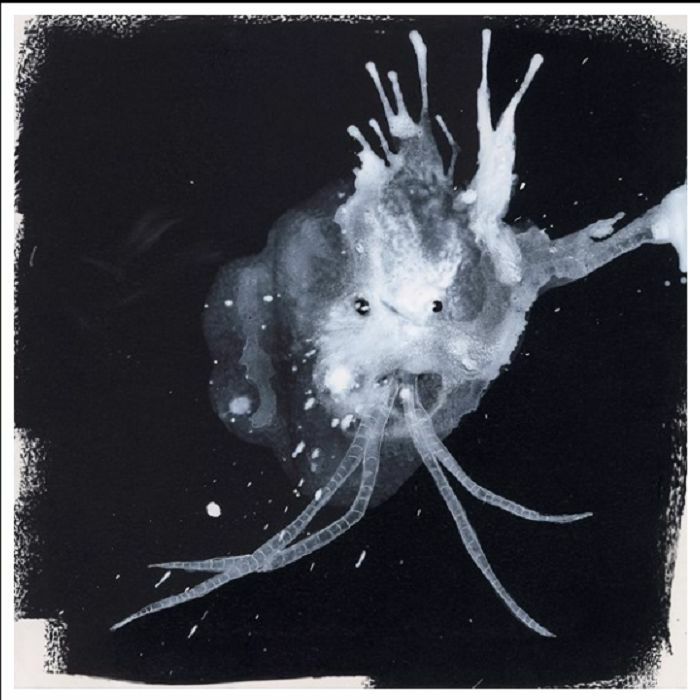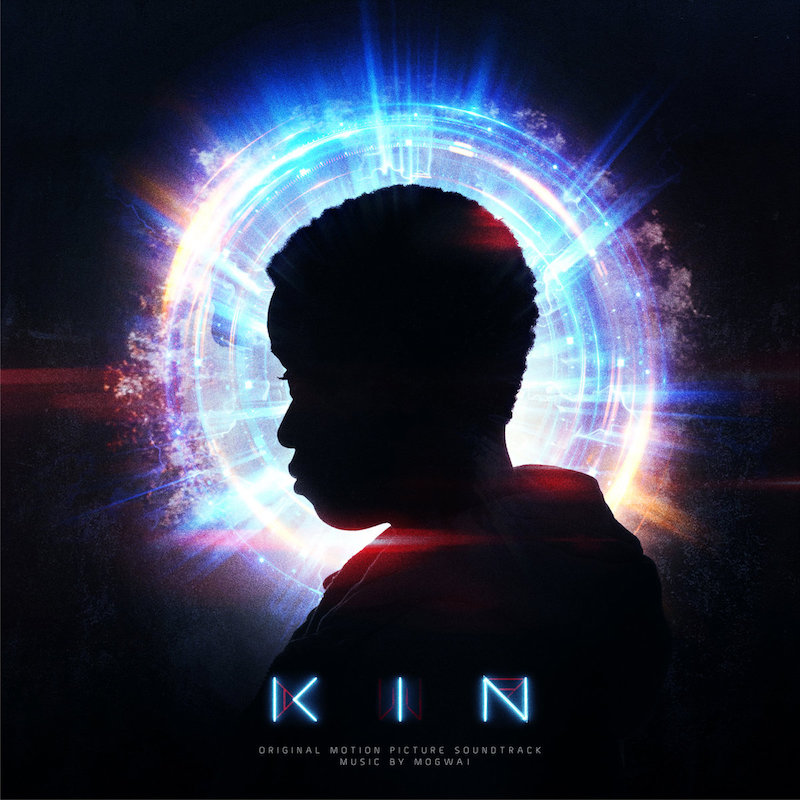Sigur Rós : Odin’s Raven Magic

Even in the esoteric realm of Scandinavian folklore, Hrafnagaldr Óðins is something of an enigma. The poem seems to open in media res and ends almost as abruptly; the tale it tells—Odin, the Norse king of the gods, hosts a banquet with his fellow deities while his ravens search the world for signs of a coming apocalypse—feels incomplete, less its own story than a prelude to another. But the mystery of Hrafnagaldr Óðins extends to its origins as well. For centuries, it was included in the Poetic Edda, a collection of Icelandic mythological poems believed to have been written almost a thousand years ago, before the Norwegian linguist Sophus Bugge determined it to be a more modern work, inspired by but not of the Edda. Subsequently overlooked by Edda scholars, Hrafnagaldr Óðins faded from memory until 1998, when a new English translation and reappraisal of the poem returned it to a place of renown.
It was shortly afterward that this story and that of Sigur Rós—not far from their own entrance into the mainstream—became entwined. Sigur Rós’s first album, Von, sold only a few hundred copies in Iceland, but one of them found its way to musical polymath and religious leader Hilmar Örn Hilmarsson. Impressed by what he heard, Hilmar invited the band to participate in his new project, a musical adaptation of Hrafnagaldr Óðins. The result, Odin’s Raven Magic, made its debut at the Reykjavík Arts Festival in 2002, and was only performed a handful of times in the early 2000s; for most fans, this recording, taken in Paris in 2004, is the first chance they’ve had to hear it.
So Odin’s Raven Magic isn’t really a “new” Sigur Rós album, and it doesn’t feel wholly accurate to call it a “Sigur Rós album,” either. To make room for the choir and orchestra that embellish these eight tracks, Jónsi’s soaring falsetto and bowed guitar—two of the band’s calling cards—play much less central of a role: Rímur vocalist Steindór Andersen’s yawning baritone is the voice that you hear first and most frequently on the record, and the bows are primarily applied to violins and violas, arranged by Maria Huld Markan Sigfúsdóttir (whose string ensemble Amiina would collaborate with Sigur Rós through the 2000s). So no, Odin’s Raven Magic isn’t really a Sigur Rós album as much as it is an album that Sigur Rós contributes to; to listen to it is to hear Sigur Rós make music that serves another world, rather than creating its own. In that way, it functions as a sort of soundtrack album, albeit one for a film that doesn’t exist.
That means Odin’s Raven Magic suffers from some of the same issues that a lot of soundtrack albums do. It takes its time getting to the action, too, opening with 14 minutes of grey, solemn strings that sag under their own weight; the album’s penultimate track, “Spár eða spakmál,” reprises these strings, drifting along until a choir and a timpani roll add some much-needed urgency to the track. For minutes at a time, the music on Odin’s Raven Magic feels like it’s either stuck in one place or dragging its feet in getting where it’s going, a quality it shares with Sigur Rós’ own icy, sometimes inert Valtari. And as with many soundtrack albums, one wonders if having the missing visual component would make for a more satisfying experience. (The Paris performance of Odin’s Raven Magic was filmed, but the participants shelved the footage, citing dissatisfaction with the finished product.)
But these are not fatal flaws, and Odin’s Raven Magic offers moments in which longtime Sigur Rós fans, nearly eight years removed from the band’s last studio album, will find the transportive grandeur of albums such as Ágætis byrjun and ( ). One of the record’s central elements is Páll Guðmundsson’s stone marimba, a one-of-a-kind instrument whose muted, rounded sound evokes dense forests as opposed to infinite glaciers. It’s the only percussion that appears on much of the album, which really puts Orri Páll Dýrason and his tumbling drums in the spotlight on “Dvergmál,” whose buildup into shimmering choral vocals feels like a classic Sigur Rós moment. Another such moment appears in the final minutes of “Dagrenning,” Odin’s Raven Magic’s stirring conclusion. The song begins with the orchestra playing a motif that’s grown familiar over the last hour; Steindór begins to chant, joined shortly thereafter by the choir and then by Jónsi, whose angelic register contrasts movingly with the earthiness of Steindór’s voice. The track’s transition into dissonance is so subtle you may not notice it until it’s almost upon you, the shrieking feedback of Jónsi’s bowed guitar and Orri’s crescendoing drums threatening to blot out the sun. This, surely, must be the sound of Ragnarök, the death of the gods and end of the world as we know it. Then the music fades and the audience begins to clap, and we’re reminded that what we’re hearing already happened long ago.
Label: Krunk/Warner Classics
Year: 2020
Similar Albums:
Jacob Nierenberg is a man of contrasts: a Pacific Northwesterner who carries an umbrella, a pacifist who enjoys the John Wick movies, an idealist who follows politics. Scarcely a day goes by that he doesn't talk with his best friend (and fellow Treble contributor) Tyler Dunston, the Jim Morrison to his Bernie Sanders.




